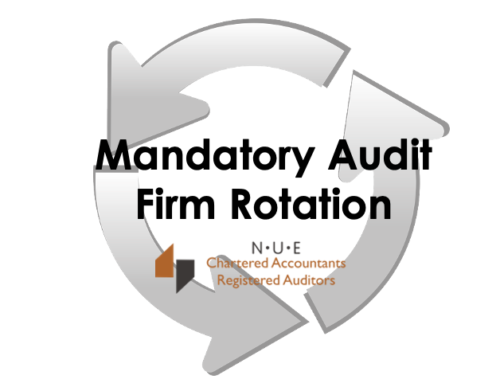In the realm of financial management, bookkeeping, payroll, and tax accounting play vital roles in ensuring accurate record-keeping and compliance. These components are crucial for the smooth operation of businesses and the maintenance of financial stability. In this article, we will explore the intricacies of bookkeeping, payroll, and tax accounting, shedding light on their significance, functions, and key differences. We will also delve into the primary account categories, the types of accounting payroll, the four pillars of bookkeeping, and the methods employed in tax accounting.
Bookkeeping and Payroll:
Bookkeeping serves as the backbone of financial management, involving the systematic recording, organizing, and summarizing of financial transactions. It ensures that a company’s financial records are accurate and up-to-date. Bookkeepers handle various tasks such as maintaining general ledgers, reconciling bank statements, and recording expenses and revenues. Meanwhile, payroll management focuses on accurately calculating and distributing employee wages and benefits. It encompasses aspects such as timekeeping, tax withholdings, and compliance with labour regulations.
Accounting Bookkeeping Services:
Accounting bookkeeping services involve the outsourcing of bookkeeping tasks to professionals. These services cover a wide range of functions, including accounts payable and receivable, financial statement preparation, and bank reconciliation. By leveraging the expertise of accounting bookkeeping professionals, businesses can streamline their financial processes, improve accuracy, and focus on core operations. Advanced software and tools are often employed to enhance efficiency and provide real-time insights into financial data.
Tax Accounting versus Bookkeeping:
While tax accounting and bookkeeping share similarities, they serve distinct purposes. Bookkeeping focuses on recording and organizing financial transactions, whereas tax accounting revolves around managing tax obligations and ensuring compliance with tax laws and regulations. Tax accountants specialize in tax planning, preparation, and filing. Accurate bookkeeping is essential for effective tax accounting as it provides the foundation for accurate tax calculations and reporting.
Primary Account Categories:
Financial transactions are classified into five primary account categories: assets, liabilities, equity, expenses, and income (revenue). Assets encompass resources owned by a business, such as cash, inventory, and property. Liabilities represent the company’s obligations, such as loans and accounts payable. Equity represents the owner’s stake in the business. Expenses include costs incurred in the process of generating revenue, while income refers to revenue generated from business operations. The interactions between these categories impact financial statements such as the balance sheet, income statement, and cash flow statement.
Types of Accounting Payroll:
Accounting payroll can take various forms depending on the specific needs and structures of a business. Common types include in-house payroll, outsourced payroll, and online payroll services. In-house payroll involves managing payroll tasks internally using payroll software and systems. Outsourced payroll involves partnering with external service providers to handle payroll processing and compliance. Online payroll services offer cloud-based solutions, enabling businesses to manage payroll remotely and access real-time data.
The Four Pillars of Bookkeeping:
Bookkeeping relies on four pillars: accuracy, completeness, timeliness, and confidentiality. Accuracy ensures that financial records reflect the true nature of transactions. Completeness ensures that all transactions are recorded and accounted for. Timeliness emphasizes the importance of capturing financial data in a timely manner to facilitate decision-making. Confidentiality safeguards the sensitive financial information of individuals and organizations.
Methods of Tax Accounting:
Tax accounting employs various methods to calculate taxable income and determine tax liabilities. Two commonly used methods are cash basis accounting and accrual basis accounting. Cash basis accounting recognizes revenue and expenses when cash is received or paid, respectively. Accrual basis accounting recognizes revenue and expenses when they are earned or incurred, regardless of cash flow. Tax accounting also includes specific methods for inventory valuation, such as first-in, first-out (FIFO) and last-in, first-out (LIFO), which impact taxable income.
In summary, bookkeeping, payroll, and tax accounting are critical components of financial management. By understanding the nuances of these topics, businesses can maintain accurate financial records, ensure compliance with tax obligations, and make informed decisions. Accounting bookkeeping services offer valuable support in managing financial processes, while the primary account categories provide a framework for organizing transactions. With the four pillars of bookkeeping and the various methods of tax accounting in place, businesses can navigate the complexities of financial management with confidence and precision.




